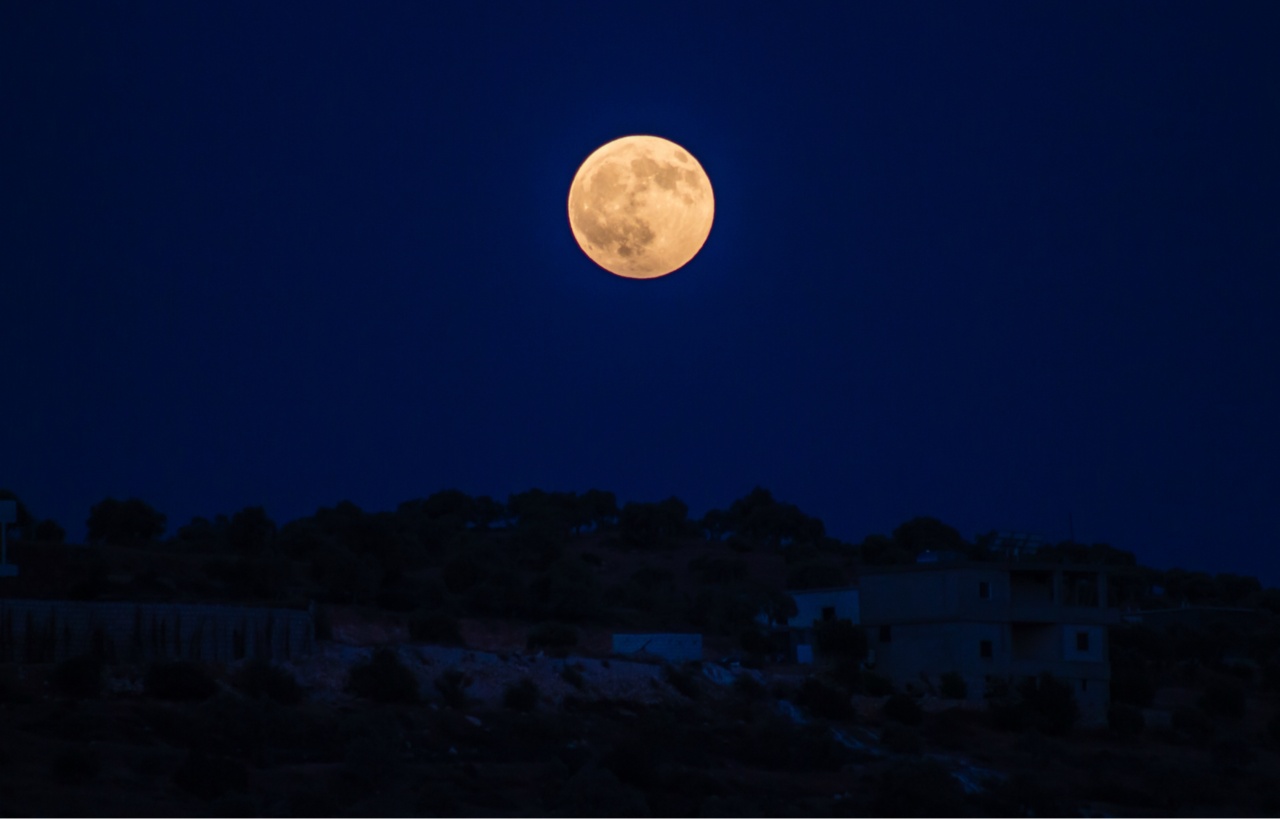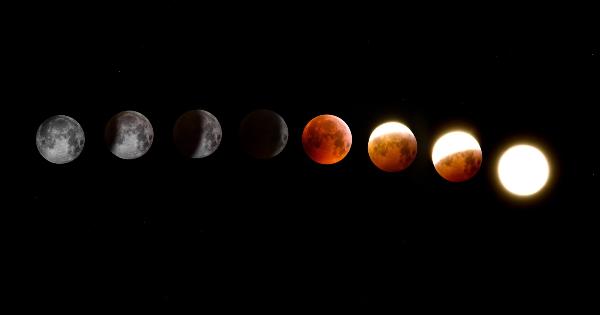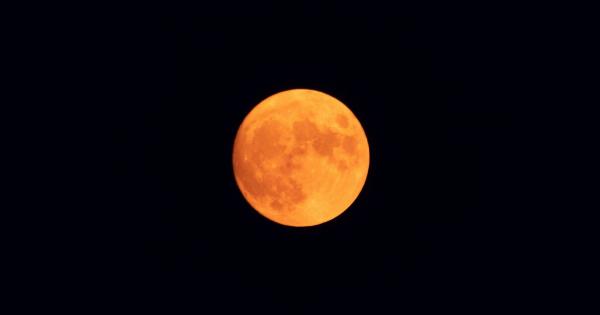For centuries, people have speculated about the connection between the full moon and crime.
Many cultures believe that the full moon has a powerful effect on human behavior, leading to an increase in violent crimes, accidents, and other unfortunate events. However, is there any scientific evidence to support this theory? In this article, we will explore the link between crime and the full moon and try to find out whether there is any truth to this ancient belief.
The History of the Full Moon and Crime
The connection between the full moon and crime has a long and colorful history. In ancient times, people believed that the full moon had supernatural powers and could influence human behavior.
For example, the ancient Greeks and Romans believed that the full moon could cause people to go insane or transform into werewolves. Many cultures also believed that the full moon was associated with fertility and that women were more likely to conceive during a full moon.
Over time, these beliefs became intertwined with the idea that the full moon could influence criminal behavior. In particular, lunar cycles were thought to be associated with an increase in violent crimes such as murder and assault.
Many police officers and emergency room staffs claim to observe an uptick in violent and erratic behavior during full moons, and some studies seem to support this observation.
The Scientific Evidence
Despite numerous anecdotal reports of a link between the full moon and crime, there is little solid scientific evidence to support this theory.
Several studies have attempted to investigate the relationship between lunar cycles and crime rates, but the results have been mixed and inconclusive.
One study conducted in Florida found that there was a slight increase in crime during full moon phases, but the effect was very small.
Other studies conducted in the United States and Canada have found no evidence of a connection between the full moon and crime rates.
Researchers have also examined whether there is a link between lunar cycles and other types of behavior, such as hospital admissions and mental health problems.
However, again, the studies have produced mixed results, and there is little consensus on whether the full moon has any significant impact on human behavior.
The Explanation
Why do so many people believe that the full moon has a profound effect on human behavior? While there may be no scientific evidence to support this belief, there are several psychological and cultural factors that may be at play.
First of all, confirmation bias may be a contributing factor. Confirmation bias occurs when people selectively recall or interpret information that confirms their pre-existing beliefs.
In the case of the full moon and crime, many people may only notice when there is a coincidence of a full moon and a crime event, rather than noticing all the times when there is no correlation. This selective attention can amplify the perceived association.
Additionally, cultural factors may play a role. The belief in the power of the moon is deeply ingrained in many cultures, and this belief may influence people’s perceptions and attitudes.
In some cultures, the full moon is associated with worshipping gods and goddesses, and many people perform special rituals during this time. These cultural associations may contribute to the perception that the full moon has a powerful effect on human behavior.
The Bottom Line
So, what can we conclude about the link between crime and the full moon? While many people believe that there is a connection, the scientific evidence is far from conclusive.
Some studies suggest a small increase in crime during full moon phases, but other studies have found no association whatsoever.
While there may be no hard evidence to support the belief in the full moon’s power, the belief itself is a fascinating cultural phenomenon that has persisted for centuries.
So, the next time you look up at a full moon and wonder whether it has any influence on your behavior, remember that the jury is still out on this ancient and mysterious phenomenon.

























